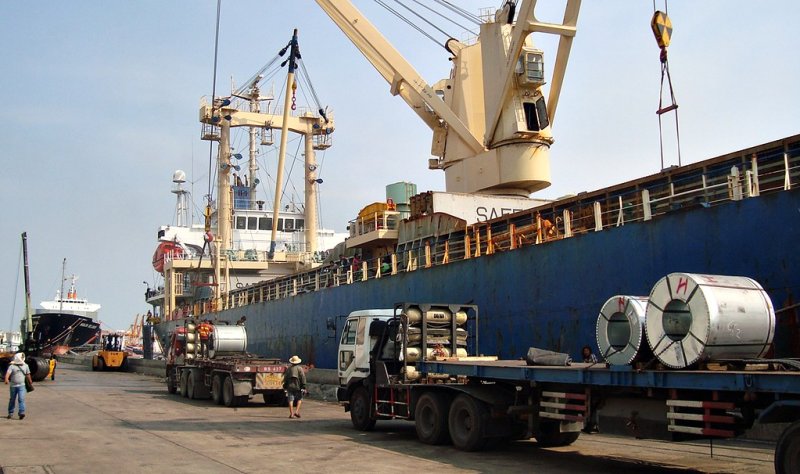- Negotiations

The Japanese and Thai governments started exploring a possible bilateral FTA in 2001-2002, but official negotiations didn’t start until February 2004. They concluded their talks in April 2007 and the Japan-Thailand Economic Partnership Agreement (JTEPA) came into force on 1 November 2007.
The FTA is comprehensive, covering trade in goods and services, investment, intellectual property rights, agriculture, competition policy, etc.
It was strongly opposed by social movements both in Thailand and Japan. Thai groups mobilised against the FTA’s provisions on patenting life forms, toxic wastes and investment. One special concern was that the Japanese would take advantage of the deal not to ship Thai healthworkers to Japan (as under Japan’s FTAs with the Philippines and Indonesia) but to operate an exclusive health facility in Thailand, for Japanese people, who would be flown in to avail of the best medical personnel Thailand has to offer — who would then be unavailable to treat poorer Thai citizens. A major row also erupted around the legalities of Thailand’s interim military regime pushing through the ratification and entry into force of the deal during their hold on the country after the September 2006 coup. Japanese groups mobilised particularly on the potential of the deal to increase Japan’s exports of toxic waste to Thailand.
last update: May 2012
Photo: Paul the Seeker / CC BY 2.0
29-Mar-2007
Bangkok Post
Four anti-free trade groups will today seek an emergency order from Thailand’s Supreme Administrative Court to stop the signing of the free trade area (FTA) agreement with Japan next week. They are the Khao Kwan Foundation, the Bio Thai Foundation, the Consumers’ Foundation and the Aids Access Foundation.
28-Mar-2007
The cabinet has approved the signing of a free trade area (FTA) agreement with Japan, overriding civic groups’ protests that the government is exceeding its authority under the interim constitution. Prime Minister Surayud Chulanont will sign the controversial Japan-Thailand Economic Partnership Agreement in Tokyo on Tuesday.
27-Mar-2007
The That cabinet Tuesday gave consent for Prime Minister Surayud Chulanont to sign a free trade agreement (FTA) with the Japanese government during his upcoming trip to Japan, despite strong opposition from activists.
26-Mar-2007
Prime Minister Surayud Chulanont yesterday signalled his government would sign the Japan-Thailand Economic Partnership Agreement (JTEPA) next week after the cabinet gives official consent today.
26-Mar-2007
Bangkok Post
Thai activists opposed to the signing of a free trade agreement (FTA) with Japan last night persuaded the TITV channel to air their views on the issue. About 300 members of consumer groups, HiV/Aids groups and farmers marched to the TITV studios on Vibhavadi Rangsit road after a seminar on the possible impact of the FTA deal which the interim government plans to sign with Japan next week.
25-Mar-2007
FTA Watch
FTA Watch yesterday published a document entitled "The Inconvenient Truth of Jtepa" to increase awareness about issues that it claims the government has hidden from the public.
10-Mar-2007
The Nation
Opponents of the draft Japan-Thailand Economic Partnership Agreement (JTEPA) have asserted that the Surayud Chulanont government needs to take two controversial issues in the pact seriously.
5-Mar-2007
The pending Thai-Japanese free trade agreement will become a catalyst for Thailand’s steel industry to deal with heavier competition, according to local experts.
5-Mar-2007
Bangkok Post
A one-page annex will be added to the Thai-Japan free trade agreement to ensure the trade pact will not overrule the international agreement on transboundary movement of hazardous waste. The inclusion of the annex, however, was criticised by the FTA opponents.
27-Feb-2007
The Nation
Thai Foreign Minister Nitya Pibulsonggram told a powerful Japanese business association on Monday that Thailand would not renegotiate on any issues in the controversial economic agreement with Japan.





